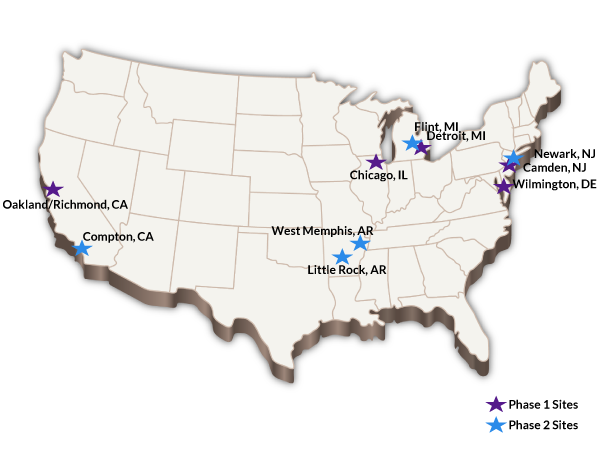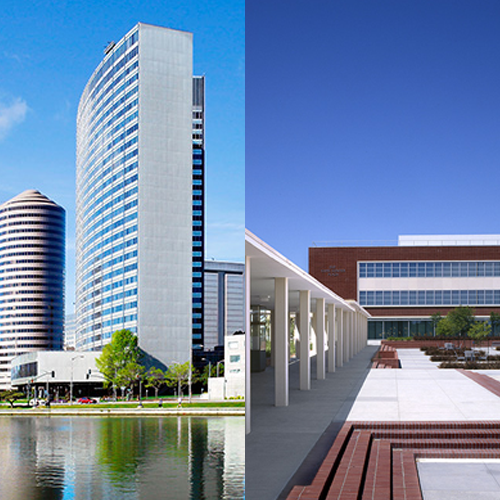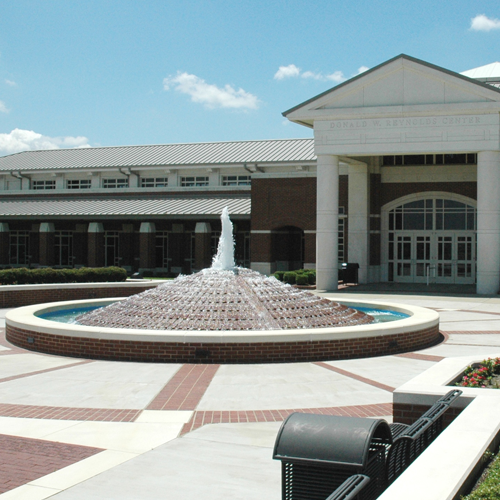VRN Site Success Stories
In September 2014, Attorney General Eric Holder announced the first five VRN sites at the inaugural VRN Summit: Camden, New Jersey; Chicago, Illinois; Detroit, Michigan; Oakland/Richmond, California; and Wilmington, Delaware. In September 2015, Deputy Attorney General Sally Quillian Yates announced the expansion of VRN to five new cities: Compton, California; Flint, Michigan; Little Rock, Arkansas; Newark, New Jersey; and West Memphis, Arkansas. Each site has identified critical needs and focus areas for VRN assistance to enhance and complement its current violence reduction strategies. In the past year, the VRN sites have received an abundance of trainings, federal law enforcement support, and technical assistance from subject-matter experts and have participated in peer exchanges—leading to implementation of new strategies, policy enhancements, improved technology, increased analytic capacity, and overall successful outcomes in the communities. The information included in this section provides success stories that resulted from VRN resource delivery and describes how the successful strategies are implemented across the Network.

Phase 1 VRN Sites
Camden, New Jersey

Network-Wide Implementation
One of the early successes of VRN has been the provision of federal law enforcement-related resources to VRN sites, including ATF’s NIBIN technology and firearms tracing assistance; DEA’s El Paso Intelligence Center (EPIC) and Emerging Technologies Training; the FBI’s Violent Crime Coordinator assigned to each site and Digital Imaging Video Response Team (DIVRT) Initiative; and USMS fugitive task forces, tactical training, and warrant analysis and response.
Chicago, Illinois

Detroit, Michigan

Network-Wide Implementation
Integrating crime analysis into law enforcement operations can have a positive impact on violence reduction efforts. To encourage and support the potential to increase analytic capacity within the Network, VRN has provided opportunities to conduct peer exchanges to observe how other agencies both in and outside the Network and utilize crime analysis to drive their crime reduction and prevention strategies. In addition to peer learning opportunities, VRN has provided crime analysis assistance (such as Crime Analysis on Demand, Crime Analysis for Executives training, crime analysis general technical assistance) to all 10 sites.
Oakland/Richmond, California
Network-Wide Implementation
Through VRN, all sites are offered the opportunity for BJA to conduct a technology assessment that is designed to identify technology-related successes and recommendations for improvement. Technology assessments have been provided to all 10 sites and are able to equip sites with a comprehensive understanding of their technology strengths, gaps, and available resources for improvement.

Wilmington, Delaware

Network-Wide Implementation
The delivery of training and technical assistance to support sites in improving their investigative efforts has been a key success of VRN. Homicide investigation assessments and trainings have been delivered to five VRN sites; domestic violence training and assistance and peer exchanges have been delivered to four sites.
Phase 2 VRN Sites
Compton, California
Network-Wide Implementation
Enhancing and expanding collaboration and information sharing are two notable accomplishments of VRN. This increased collaboration develops in the annual VRN Summit, which leads to increased interaction and partnerships as new strategies and opportunities are implemented within each VRN site.

Flint, Michigan

Network-Wide Implementation
Enhanced federal law enforcement resources have been an instrumental component of VRN efforts. Many VRN sites have been able to reduce firearm processing backlogs, enhance operational efforts, improve prosecutions, and improve investigations as a result of federal law enforcement partnerships, including support from ATF, FBI, DEA, USMS, and the U.S. Attorneys’ Offices.
Little Rock, Arkansas
Network-Wide Implementation
Violence reduction is not solely a law enforcement effort; it requires a holistic approach which includes input from partnerships with prosecution. As a part of the VRN mission and beginning with the annual VRN Summit, representatives from all justice components, including law enforcement, prosecution, corrections, probation and parole and others, are brought together to discuss how their site can improve and enhance its violence reduction strategies.

Newark, New Jersey

West Memphis, Arkansas
